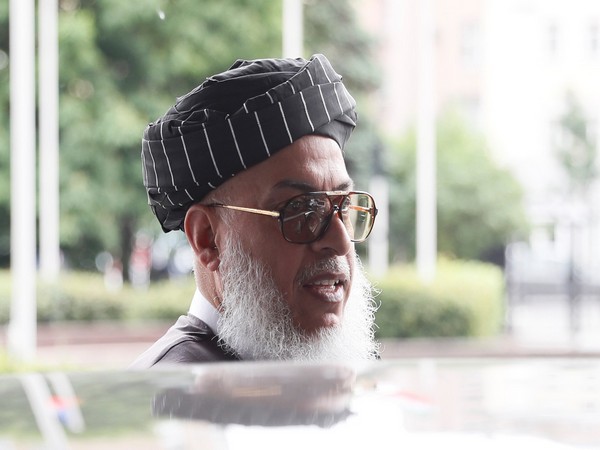
Kabul: Sher Mohammad Abbas Stanikzai, the deputy minister of foreign affairs of Taliban, firmly stated that Afghanistan will never recognise the Durand Line as its official border with Pakistan.
This declaration, made during an event in Logar commemorating the 35th anniversary of the Soviet Union’s withdrawal from Afghanistan, casts a spotlight on a protracted dispute that continues to affect Afghan-Pakistani relations deeply.
The Durand Line, established in 1893 through an agreement between Sir Mortimer Durand, a representative of British India, and Amir Abdur Rahman Khan of Afghanistan, extends over 2,400 kilometers. It bifurcates tribal areas, dividing ethnic Pashtuns and Baloch people between Afghanistan and Pakistan. Initially intended as a buffer zone between British India and the Russian Empire during the colonial era, this line has been a source of contention, with Afghanistan historically challenging its validity as a legitimate border.
Despite the historical disputes surrounding its legitimacy, it’s crucial to note that the Durand Line has functioned as a de facto border between the two countries throughout history. Official customs offices and border controls have been established, facilitating the regulated movement of people and goods across this divide. These mechanisms of border management underscore the practical acceptance of the Durand Line as a point of interaction between Afghanistan and Pakistan, even as its official recognition remains a point of contention.
Stanikzai’s comments vividly illustrate the Afghan perspective, viewing the Durand Line not just as a relic of colonial imposition but as a division that has fragmented families, communities, and a unified national identity. His opposition to visas and passports for travel between the two nations reflects a desire for seamless movement in a region where cultural and familial bonds run deeper than political boundaries.
Sir Mortimer Durand, a secretary of the British Indian government, and Abdur Rahman Khan, the emir, or ruler, of Afghanistan – November 13, 1893
Emphasizing the sentiment of division, Stanikzai remarked, “today half of Afghanistan is separated and is on the other side of the Durand Line,” highlighting the perception of a divided Afghan nation. Furthermore, his critique of the neighboring countries’ treatment of Afghan refugees, described as cruel, along with deportation practices, exacerbates the tensions between Afghanistan and Pakistan.
The deputy foreign minister also alluded to broader geopolitical dynamics, suggesting foreign efforts to undermine Taliban. This narrative of foreign intervention and resistance aligns with the Taliban’s longstanding rhetoric, portraying a regime confident in its unity and dismissive of both domestic opposition and international demands for a more inclusive government.
The refusal to recognize the Durand Line, despite its historical function as a practical border complete with official customs and border controls, signals a profound stance on sovereignty, national identity, and historical grievances. This stance has far-reaching implications for bilateral relations, regional security, and the lives of those in the borderlands, underscoring the enduring impact of colonial legacies and contemporary challenges in achieving peace and cooperation in the region.
Pakistan’s Foreign Ministry released a statement countering the assertions made by the Taliban’s Deputy Minister of Foreign Affairs, Sher Mohammad Abbas Stanikzai, regarding the Durand Line.
Addressing what it described as “media queries regarding remarks of the Deputy Interim Foreign Minister of Afghanistan,” the statement unequivocally refuted the Taliban’s position, labeling it as “self-serving and fanciful claims.” It underscored that the legitimacy and sanctity of the Pakistan-Afghanistan border are firmly grounded in “geography, history, and international law,” indicating that political rhetoric cannot change these foundational truths.